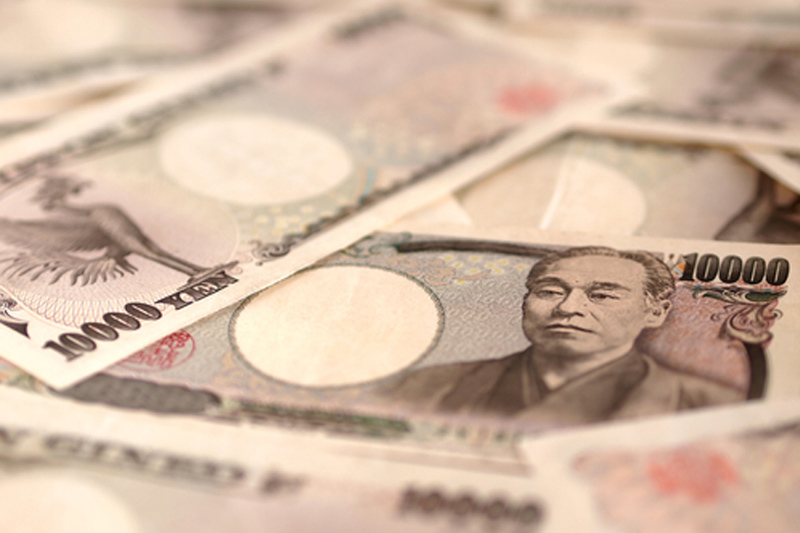Investing.com - The Japanese yen held steady Wednesday after board meeting minutes from the Bank of Japan for April showed some uneasiness with wage-price gains.
The Bank of Japan board minutes noted some members said the current recovery is exerting more upward pressure on prices than it is boosting economic growth.
"A few members expressed the recognition that developments in wages tended to have a more significant effect on overall prices, as Japan's industrial
structure had been shifting to one led mainly by non-manufacturing," the minutes said.
One member said that wage increases and price rises resulting from supply-side constrains might not be enough to bring 2% sustained inflation by 2015.
At the April 7-8 meeting, the BOJ board decided by a unanimous vote to leave the bank's policy target unchanged.
USD/JPY held at 101.67, down 0.01%, after the minutes were released.
The New Zealand dollar fell in early trading Wednesday on weaker than expected jobs data and comments from the central bank chief saying the curtrency is overvalued.
NZD/USD traded at 0.8694, down 0.44%.
The New Zealand first quarter labour force survey showed an unemployment rate of 6.0%, compared to expectations for a dip to 5.9% and the labor cost index rising 0.3%, compared to an expectation of a 0.5% gain.
The data combined with earlier remarks from the Reserve Bank of New Zealand.
The New Zealand dollar is overvalued and the rate will be a factor in the extent and speed of future hikes in the official cash rate, Governor Graeme Wheeler said Wednesday.
"In such circumstances, the high exchange rate, along with new economic data, will be a factor in our assessment of the extent and speed with which the Official Cash Rate (OCR) needs to be raised," he said in a prepared speech.
Australia's AiGroup construction index fell 0.3 point to 45.9, remaining in the contraction zone at 46.2.
March retail sales data is due at 1130 (0130 GMT) with a 0.4% gain expected.
AUD/USD traded at 0.9351, up 0.03%, ahead of the retail data.
At 0945 in Beijing, HSBC's China April service PMI is due with the previous reading at 49.90.
In Europe, Eurostat, the European Union's statistical arm, reported that retail sales rose 0.3% in March, defying expectations for a 0.2% contraction. Retail sales in February were revised down to a 0.1% gain from a previously estimated 0.4% increase.
The numbers sparked for demand for the euro as did upbeat Spanish jobless numbers.
Official data released earlier revealed that the number of unemployed people in Spain dropped by 111,600 in April, compared to expectations for a decline of 49,100, after a 16,600 fall the previous month.
Separately, the Markit Economics research group said that Spain's services purchasing managers' index rose to a six-year high of 56.5 last month, from a reading of 54.0 in March. Analysts had expected the index to tick up to 54.4 in April.
Italy's services PMI swung back into expansion territory last month, rising to 51.1 from a reading of 49.5 in March, beating expectations for an uptick to 50.4.
The euro zone's service-sector PMI came in unchanged at 53.1, in line with expectations.
Meanwhile in the U.S., data revealed that the country's trade deficit narrowed to $40.38 billion in March from $41.87 billion in February, whose figure was revised from a previously estimated deficit of $42.30 billion. Analysts had expected the trade deficit to narrow to $40.30 billion in March, and the lackluster data softened the dollar.
The US Dollar Index, which tracks the performance of the greenback versus a basket of six other major currencies, fell 0.01% at 79.16.
